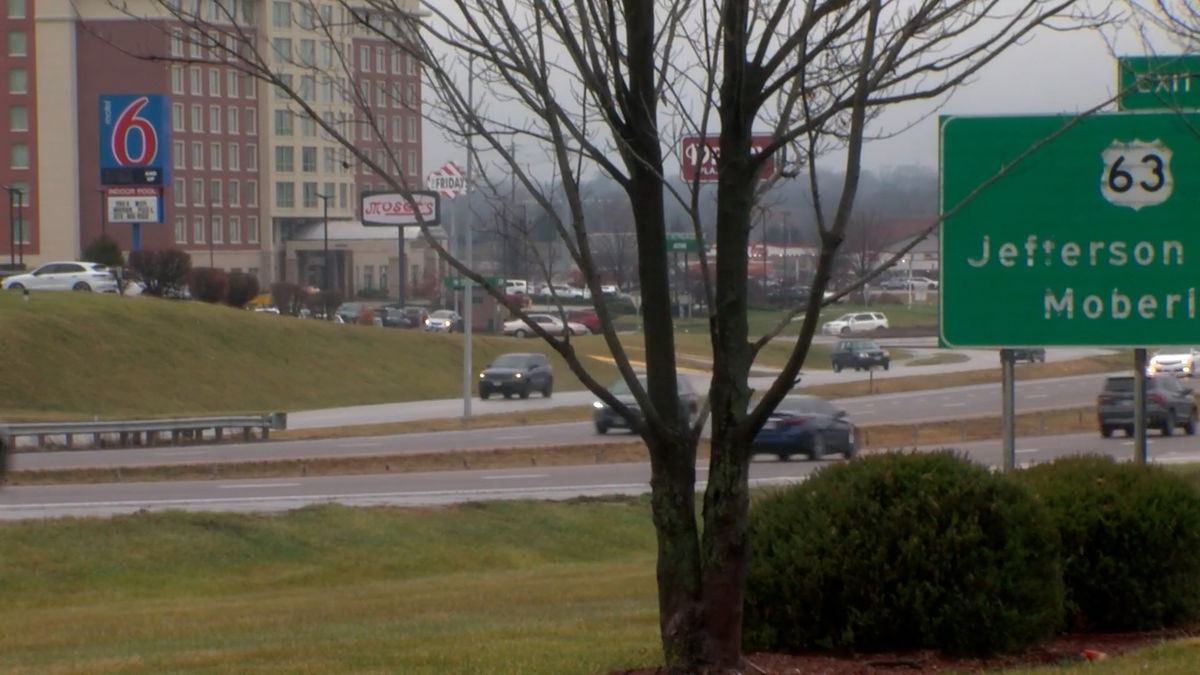Salt Lake City will get its downtown sports and entertainment district, and it’ll split the bill, too.
City Council members voted 6-0 on Tuesday night to give their final approval to Jazz owner Ryan Smith’s proposed sports hub. They also authorized a half-a-percentage-point sales tax increase that will funnel $900 million into the district.
“This is a hard thing and a large thing,” council Chair Victoria Petro said. “But I will not conflate the largeness with the good things we have squeezed out of this lemon — not for Ryan Smith, not for the hockey player, but for the city.”
The votes marked the final steps the council needed to take to put Smith Entertainment Group’s planned sports, entertainment, culture and convention district on the path toward becoming a reality. Council member Darin Mano was absent and did not vote.
The project calls for major renovations to the Delta Center and a reimagining of the blocks east of the arena. In exchange for the public money, Smith’s group has vowed to keep both the Jazz and its newly acquired Utah Hockey Club downtown for the next three decades, or face steep penalties.
For its part, SEG has committed to spending at least $3 billion of its own money on the district.
Nearly 40 people signed up to speak to council members Tuesday during the project’s final public hearing at City Hall. The majority of commenters expressed support for the city’s large investment in the district, but many criticized the use of public dollars to fuel SEG’s venture on such a compressed timeline.
Council members have stressed that the pace of the project’s approval was set in SB272, the bill state lawmakers passed this year to allow for arena district negotiations.
(Smith Entertainment Group) A site plan for the proposed downtown sports and entertainment district.
“We need something great, legendary, something that will be here for hundreds of years past us,” Rep. Stewart Barlow, R-Fruit Heights, told council members. “We need something to help stimulate and educate our populous, especially our kids, and partnerships are vital to that effort.”
A University of Utah spokesperson and U. President Taylor Randall also spoke in support of the district because of the impact it would have on what Randall calls “college town magic.”
“As a vibrant capital city with a robust set of features — we’ve got sports, entertainment, culture and arts venues — it’s a tremendous value for our students,” university spokesperson Chris Nelson said. “It can mean economic and job opportunities, and for many of our scholars, scientists, researchers and health care providers, it represents a community where they want to live and work.”
A few commenters, however, urged the council to vote against the district’s accompanying tax hike.
Former Mayor Rocky Anderson, a staunch opponent of the project, said it would create a “private fiefdom” for Smith and his group. Anderson added that if the tax hike was approved by the council, he would lead the charge on a referendum challenging the increase.
“There are times when we’re called upon to make decisions that might upset powerful people, but which we know are grounded in integrity,” Anderson said. “Most of your community is overwhelmingly opposed to the sales tax increase … If you can’t say no to this oppressive deal, then we, the people, will do it for you.”
(Smith Entertainment Group) A site plan for the proposed downtown sports and entertainment district.
Council members were all but certain to approve the project and its public funding. In July, they cast their first vote on an accord with SEG that would keep pro sports downtown. Last month, a committee made up of state lawmakers gave its blessing to the pact. The council voted Tuesday to finalize the agreement.
About $525 million of the city’s $900 million will go toward renovations for the Delta Center, which could begin as soon as April.
The rest of the city’s contribution — about $375 million — would go toward investment in the district outside the arena. SEG, according to the agreement, says there “will be other private and public funding partnerships” necessary to complete the remainder of the district’s redevelopment
While work on the arena is scheduled to wrap up in 2027, the rest of the entertainment district isn’t expected to be completed until 2033. The agreement sets a deadline of 2034 for all projects that would use city funds.
State tax commissioners will now move forward to put the tax increase in place by the beginning of next year.










